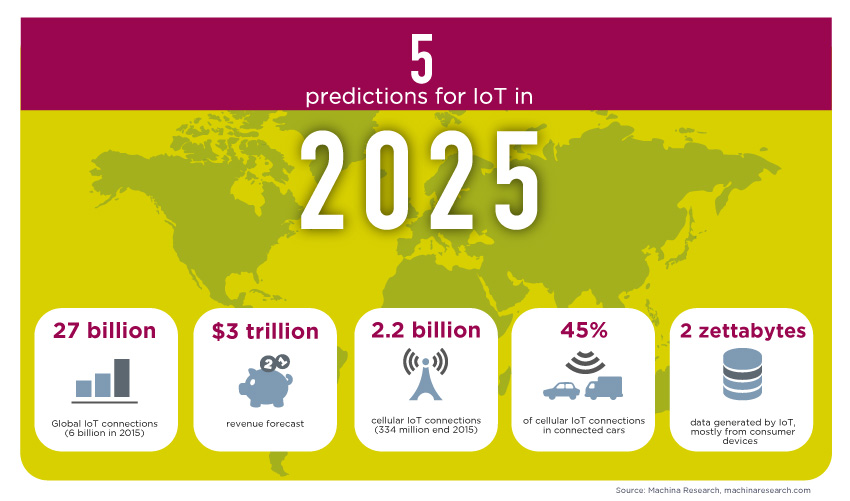Five Predictions Suggesting 2025 Will Be the Year of Decentralization

Five Predictions Suggesting 2025: As the world becomes increasingly interconnected, decentralization is poised to take center stage in 2025. This paradigm shift promises to redefine industries, empower individuals, and foster innovation across various sectors. Here are five compelling predictions indicating that 2025 will be the year of decentralization Ethereum Whales Drive Down Prices with Strong Sell-Offs.
1. Blockchain Adoption Across Industries
Blockchain technology, the cornerstone of decentralization, is expected to witness unprecedented adoption in 2025. From finance and supply chain management to healthcare and real estate, blockchain’s transparent and tamper-proof nature will drive its integration into mainstream operations. Businesses and governments alike will leverage decentralized ledgers to enhance trust, reduce costs, and improve efficiency.
For instance, decentralized finance (DeFi) platforms are already transforming traditional banking by offering services like lending. Borrowing, and trading without intermediaries. As these platforms mature, they will likely attract more users, further cementing blockchain’s role in the global economy.
2. Decentralized Autonomous Organizations (DAOs) on the Rise
Decentralized Autonomous Organizations (DAOs) are set to revolutionize governance in 2025. These entities operate without central authority, relying instead on smart contracts and collective decision-making by stakeholders. DAOs have already begun to reshape industries like venture capital and content creation, providing equitable and transparent participation. In 2025, we can expect a surge in DAO-driven projects, empowering communities to manage resources, fund initiatives, and build ecosystems collectively.
3. Decentralized Social Media Platforms Gaining Traction

The rise of decentralized social media platforms will challenge the dominance of traditional tech giants. Users are increasingly demanding greater control over their data, privacy, and content. Platforms like Mastodon and Lens Protocol have shown the potential of decentralized networks to empower users and reduce censorship.
In 2025, these platforms are predicted to gain significant traction, offering monetization opportunities for creators and a more democratic online experience. This shift will redefine how we interact, share information, and build online communities.
4. Edge Computing Driving Decentralized Technology
The proliferation of edge computing will complement decentralization by enabling data processing closer to its source. This approach reduces latency, enhances privacy, and decreases reliance on centralized cloud servers. In 2025, edge computing will likely play a critical role in powering Internet of Things (IoT) devices. autonomous vehicles, and smart cities. By decentralizing data processing, edge computing ensures greater efficiency and resilience in critical applications.
5. Government and Corporate Decentralization Initiatives
Governments and corporations are recognizing the benefits of decentralization, and 2025 will see a surge in related initiatives. Decentralized identities (DIDs) will empower individuals to control their personal information, reducing fraud and enhancing security. Additionally, companies will adopt decentralized business models to foster innovation and collaboration.
Some governments may also experiment with decentralized voting systems, ensuring transparency and trust in elections. Such initiatives will further validate the potential of decentralization to create more equitable and efficient systems.
Conclusion
Decentralization is more than a trend; it represents a fundamental shift in how systems operate. The predictions for 2025 highlight the transformative potential of decentralization in reshaping industries, empowering individuals, and fostering global innovation. As these changes unfold, the world will move closer to a future where power and decision-making are more equitably distributed.
[sp_easyaccordion id=”3820″]




